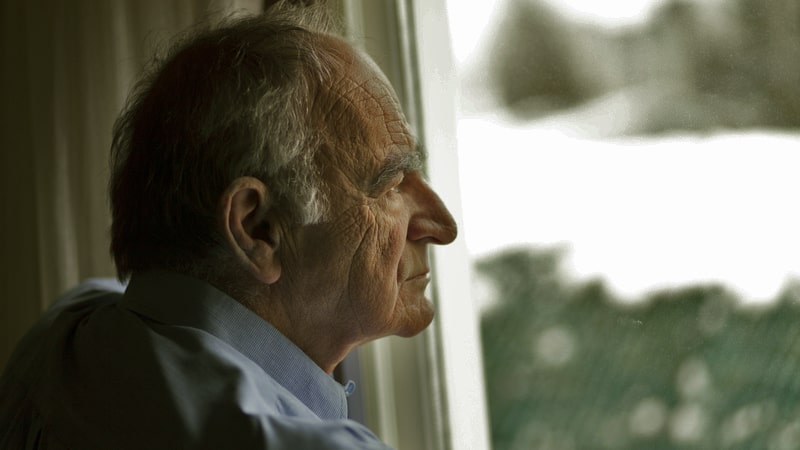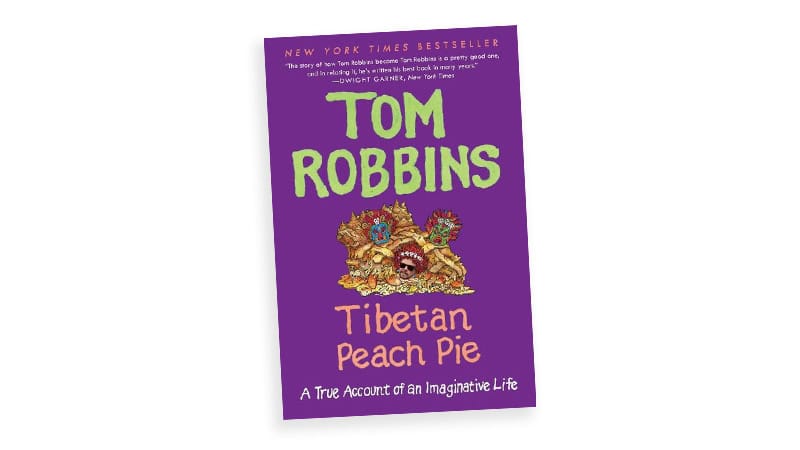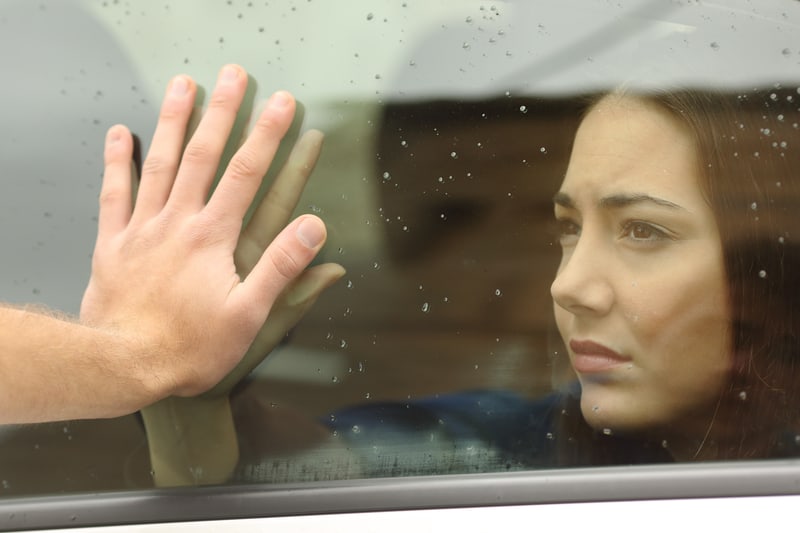A Lesson I Unwittingly Learned From My Father
A model, a teacher

I never considered my father’s happiness.
He seemed content; as a child I granted him that. He had friends, a good job, a small home, a new car every few years, four boys, a garden, a cherry tree, a dog. My father had my mother, so opposite from his taciturnity; she made him laugh and made us meals. He could fix things, grow things, barbecue, salute the flag and sing the anthem at ballgames as a veteran. He lacked aspiration; he didn’t dream big but only in keeping with how he expected life would reward him after an honorable discharge and no high school diploma. My father struggled with MS but conducted himself manfully in that struggle so did not disappoint himself or me. He seemed to have what he wanted because he wanted what he had.
WAS THIS HAPPINESS?
Or compromise? Was my father quietly satisfied? Or was his quiet the hand of a strong man over his own mouth?
As I move through the same years that marked the end of my father’s time, I feel like I’m pretty happy. I appreciate my jobs as a writer and teacher, I have fine pals, some accomplishments, some struggles by which I define my character. I don’t have big ideas that’ll frustrate me when they don’t work out. Had a few great dogs. Had a wife who’s now my best friend. I can barbecue. Got a small herb and flower garden. I can fix things. I work with a lot of veterans. And I sing the anthem from the heart.
It seems, at this point, I’m not so different from my father, though I hope I have more than three years left. If I’m happy, mightn’t he have been, too?
A UNIVERSAL TUNE?
Do you do this to your parents, or to your memory of them? Did they seem so old that they couldn’t have been having a really great time? We didn’t notice our folks’ youth and energy because we ourselves were so young, blind to everything that wasn’t a mirror.
I’m still having fun. Still enjoy a beer and a poker game. A good hidden cry at a moving passage in a book. I jump to my feet when my team scores. I love and feel loved. I’m proud of good effort. I silently approve of myself when I’m a good boy. I act generously when I can. I still fight to forgive, fight to move freely in health, fight to put my fellow man before me. I can pet a dog, watch burning logs in the fireplace and falling snow for hours. I ride a motorcycle that scares and thrills me. I awake every morning raring to go. I want not much more than what I have.
How, then, can I deny that my father might have been just as pleased to be alive every day, so hopeful and eager? Must I consign him to mere contentment, must he be so stolid and graven in memory as the stone he lies under now?
YES. AND NO.
Yes, because I needed my dad to be the rock on which I built myself. He was my first hero. To this boy, he had to be the embodiment of authority and power – honestly, what authority and power is ever happy? I couldn’t think of him enjoying his job – he had to be hardworking. Dad endured, he bore down, sacrificed. To imagine my hero getting up after he was knocked down, I first had to imagine him knocked down.
No, because I remember him smiling. At me. At my graduations, my stage plays and basketball games. He tottered up two flights of stairs to see my drywall work on a house I was restoring. I see his smiles at my mother’s antics, her newest dress, the meals she made from his garden. At my brothers’ first paychecks and good report cards. His arms around my uncles when they visited from Milwaukee. The candles he lit to his own father’s memory. The light in his blue eyes with his buddies in the backyard, all with stogies and schnapps. My crooked father standing straight for the flag at parades and ballgames.
The older I grow, the more convinced I am that he was happy in these same years. How do I know this? Because I’m happy. It turns out that my father taught me how.
Best-selling author David L. Robbins is founder of the James River Writers, co-founder of The Podium Foundation and creator of the Mighty Pen Project veterans’ writing program.


